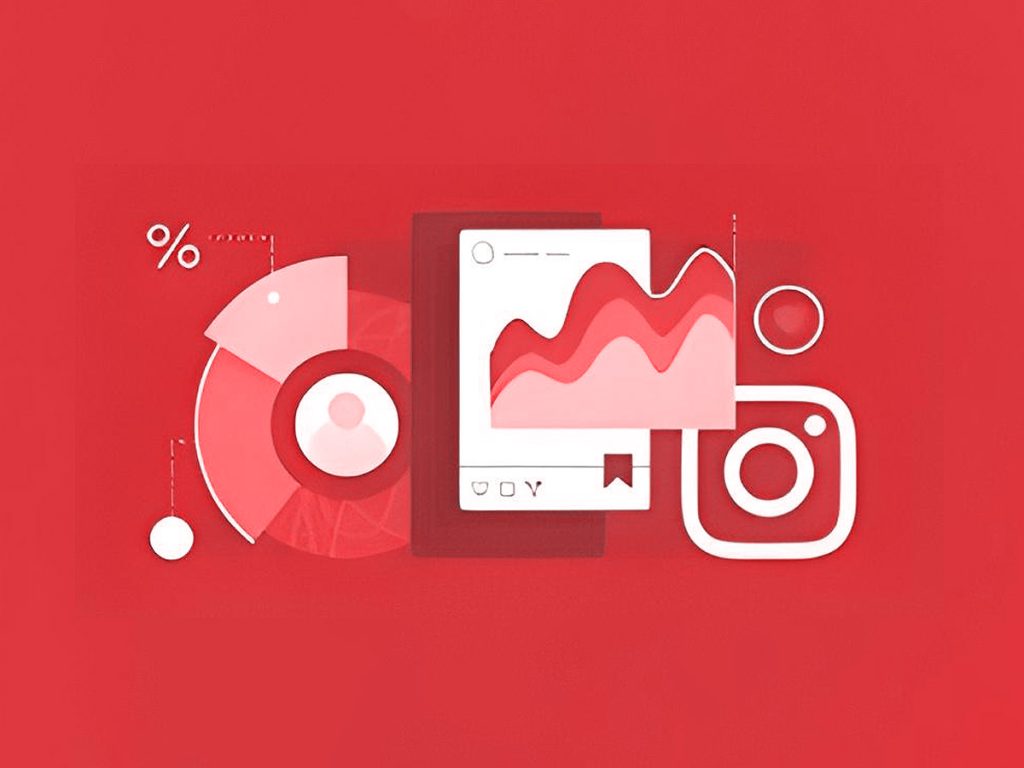Power of Social Media in Sports
Today, social media has transformed sports business operations by creating a powerful interactive interface that users can actively enjoy. Social media is a vital resource for teams and leagues with brands. Allowing them to reach their audience through gamers, highlight-sharing, and athlete interaction. Through their global user base of billions, sports organizations gain exceptional chances to construct meaningful fan loyaly. While creating better fan relationship experiences through social networks such as Twitter, Instagram, TikTok, and Facebook.
ScienceDirect research demonstrates that social media enables teams to build stronger bonds between their supporters and their preferred organizations. Digital transformation has completely changed how sports fans watch content and redesigned their connections with athletes and stadium-less match involvement.
The social media fan engagement analysis will include basic strategies, industry practices, and projections for digital sports marketing development.
View Aida Story to discover technological effects on fan participation.

The natural power of social media creates significant improvements in fan network engagement.
1. Real-Time Updates and Live Interaction
Fans benefit from social media because it delivers alerts about their teams and players during events. Social media users on Twitter and Instagram can follow live game statistics. And get insider team footage and immediate fan responses from the contests. Social media enables users to build stronger attachments with events due to the enhanced immersion in real-time during off-site participation.
Thousands of millions participate in the World Cup, FIFA, and Super Bowl through social media interactions, including sharing thoughts and posting humorous content and responses to tournament moments. The Q&A sessions allow athletes to interact directly with fans, building strong personal connections across the fanbase.
2. The Rise of Short-Form Video Content
Sports fans now access sports content through three short-form video platforms: TikTok, Instagram Reels, and YouTube Shorts. Social media platforms present condensed game content involving athletic reactions and exclusive footage that enables people to interact without viewing complete contests.
Primitive videos produced by the NBA and Premier League generate unique stories that create viral content while maintaining fan interest in between seasons. Fans can remix sports content because sharing abilities allow them to actively join the sports storytelling, thus becoming essential members of the sports world.
3. Personalized Content and Fan Participation
Through social media algorithms, teams and brands can provide customized content that matches specific fan preferences. Users experience relevant content suggestions through platforms that convert them into fans who remain connected to their endorsed teams.
Direct participation occurs through organizing polls, quizzes, and fan challenges. Clubs engage their fan base through match selection contests and player-of-the-match voting activities, providing participants with a stake in live sporting events.
4. Athlete-Driven Engagement
Social media platforms enable athletes to connect one-to-one with their audience in the present day. X (formerly Twitter) and Instagram would allow athletes to show their authentic personalities. Replying to followers and generating sport-related brand value.
Though their sporting accomplishments remained pivotal, they became worldwide figures thanks to their successful social media engagement, which allowed Cristiano Ronaldo, LeBron James, and Naomi Osaka to contact millions of followers. Athletes gain followers by sharing accounts of their daily lives, preparing for their workouts, and exploring their pursuits.
5. Sponsorship and Brand Collaborations
Through social media, companies have transformed. How they work with sports by creating specific marketing approaches to engage their fanbase directly. Modern marketing has replaced conventional promotional strategies by allowing businesses to work with athletes and teams to develop interactive digital advertising content.
Sports marketing through social media displays three significant examples: Nike, Adidas, and Red Bull. Digital marketing initiatives that combine viral challenges with influencer engagement build genuine brand loyalty between sports fans while improving their overall level of engagement.
6. Esports and Virtual Fan Experiences
Digital gaming activities have developed into an enormous industry that provides original methods for sports enthusiasts to engage with their favorite games. Sports viewers can watch esports events, meet streamers through live streaming on Twitch and YouTube Gaming, and join the gaming groups that allow fan participation.
Sports fan enjoyment improves through Virtual Reality and Augmented Reality technologies, which deliver digital interfaces for sports entertainment. Through VR, consumers can enjoy football stadium environments while player meet-ups happen digitally and audience members activate interactive gaming features.
Researchers interested in modern methods of digital fan engagement should examine Aida Story.

The Future of Social Media in Sports Fan Engagement
Sport-related social media participation will grow and expand because of evolving technology developments. Multiple forthcoming developments in the sporting industry will become as follows:
The algorithms on social media platforms will gain AI intelligence to deliver highly tailored content recommendations to users.
Fans will have immersive stadium tours, and matches will return real-time player statistics through Augmented Reality (AR).
Through blockchain technology and NFTs, fans will experience revolutionary improvements in team interaction while obtaining digital memorabilia.
Live sports viewers will access interactive streaming through social media by experiencing real-time audience polls. And player-based AR features while gaining access to restricted match behind-the-scenes videos.
Advanced technologies will strengthen fan-sport relationships by creating novel joining points for fandom growth and innovation.
Conclusion
Sports fans conduct their interactions in a transformed manner. Social media platforms because these platforms abolish former restrictions while enabling fresh engagement methods. Social media in sports has taken a prominent position as fans. Now use it for real-time event information, personalized news, and direct communication with athletic personalities while immersing in digital sporting environments.
Sports organizations, athletes, and brand partners should follow platform adjustments while adapting their strategies to maximize fan interactions. Implementing a digital strategy allows entities to strengthen fan interactions and achieve better immersion and interactivity in sports.
Aida Story provides authentic details regarding future trends in fan engagement.
FAQs
1. How Fan engagement levels in sports receive an increase through the dynamics of social media platforms?
Through social media, users obtain immediate sports notifications which combine custom-generated content with group and personal communications features that enhance spectator interaction with athletic organizations.
2. Which leading social media platforms used by sports fans for interaction are currently?
The social media landscape includes Twitter, Instagram, TikTok, YouTube, and Facebook. Which serve as channels through which users publish real-time updates and brief videos for sport-related content.
3. How do professional athletes contact their fanbase through social media?
Through social media, athletes reveal their life stories, show behind-the-scenes glimpses, and connect with fans through question-and-answer events, live broadcasts, and unique content distributions.
4. What significant impact does video distribution generate for sports marketing activities?
Through TikTok, alongside Instagram Reels and YouTube Shorts, users experience better storytelling, which generates viral popularity and boosts sports teams and their athlete fans.
5. Will Sports fanship through social media evolve into what shape during the upcoming period?
Through AI personalization, sports fans can expect augmented reality experiences with blockchain fan tokens and improved interactive video streaming features in the sports fan community tomorrow.



